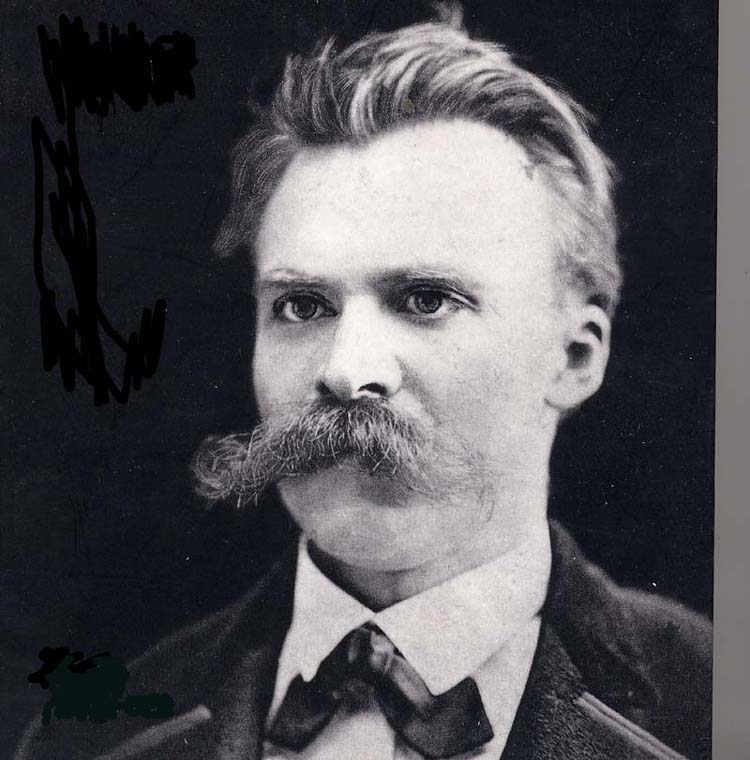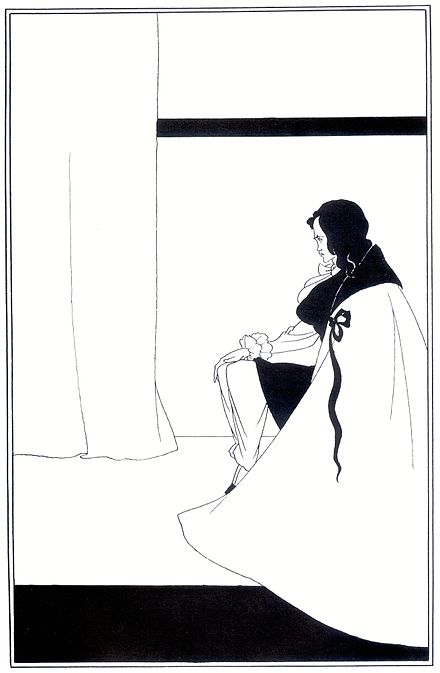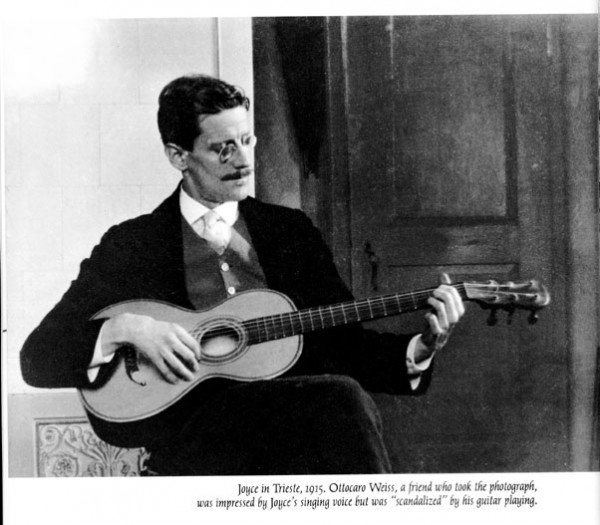 Another birthday – it was Ned Rorem’s 90th yesterday..
Another birthday – it was Ned Rorem’s 90th yesterday..
It’s an occasion that would be easy to miss. Apart from some concerts here and there, there has not been a fanfare, or any special mention in the media for this prolific American composer and Pulitzer Prize winner.
He became notorious for his diaries published from the 1950s and he is far better known in certain circles for his literary work than as a composer. As he put it to the Paris Review in 1999, his early diaries were “filled with drunkenness, sex, and the talk of my betters.”
In an interview with WYNC’s Sarah Fishko in 2002 he reminisces about his teacher who introduced him to the music of Debussy, Stravinsky and Ravel, and also pointedly adds
“I never go to classical concerts any more and I don’t know anyone who does. It’s hard still to care whether some virtuoso tonight will perform [Beethoven‘s] Moonlight Sonata a bit better or a bit worse than another virtuoso performed it last night.”
Here is the full article celebrating his achievements by ANASTASIA TSIOULCAS of NPR Classical.





